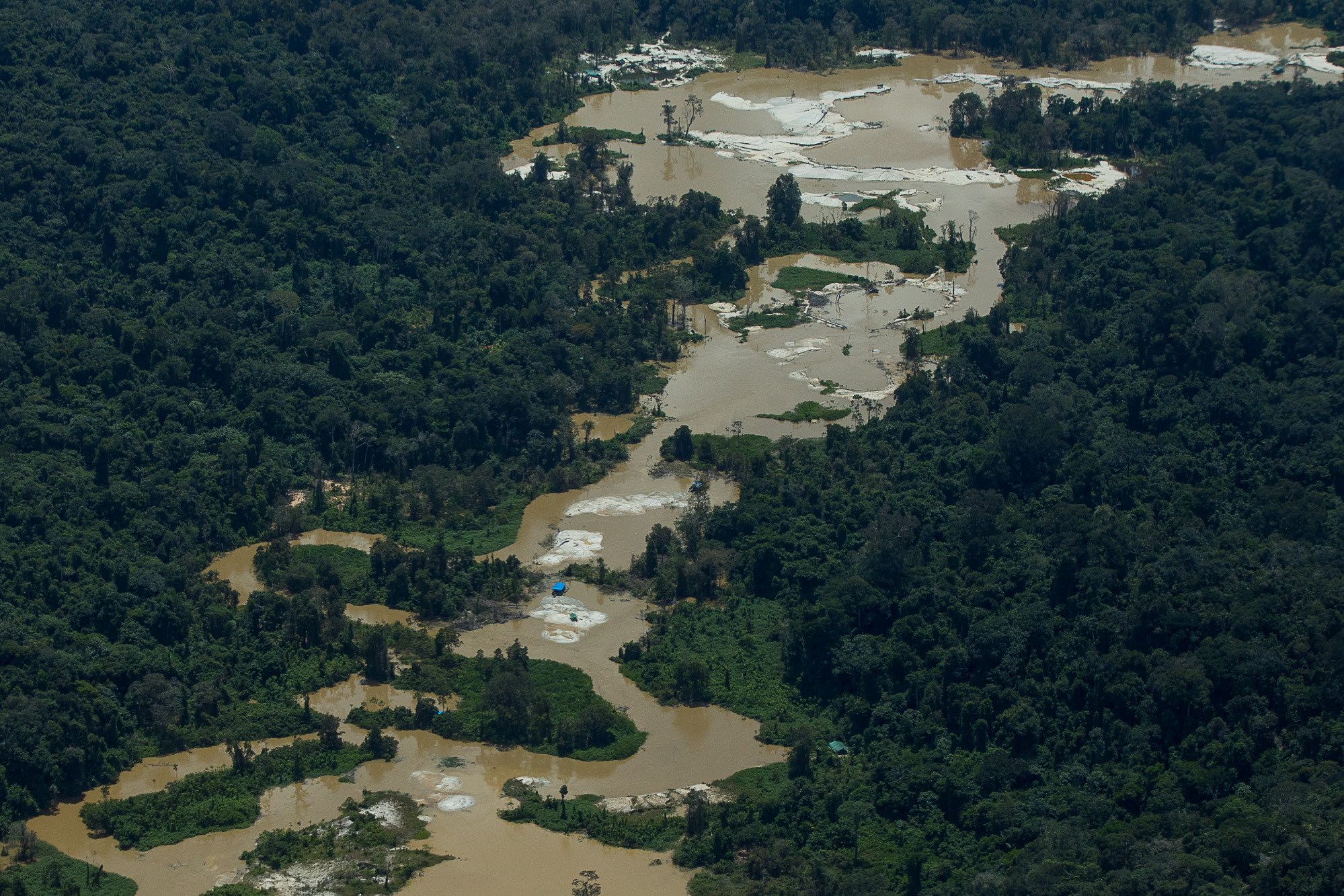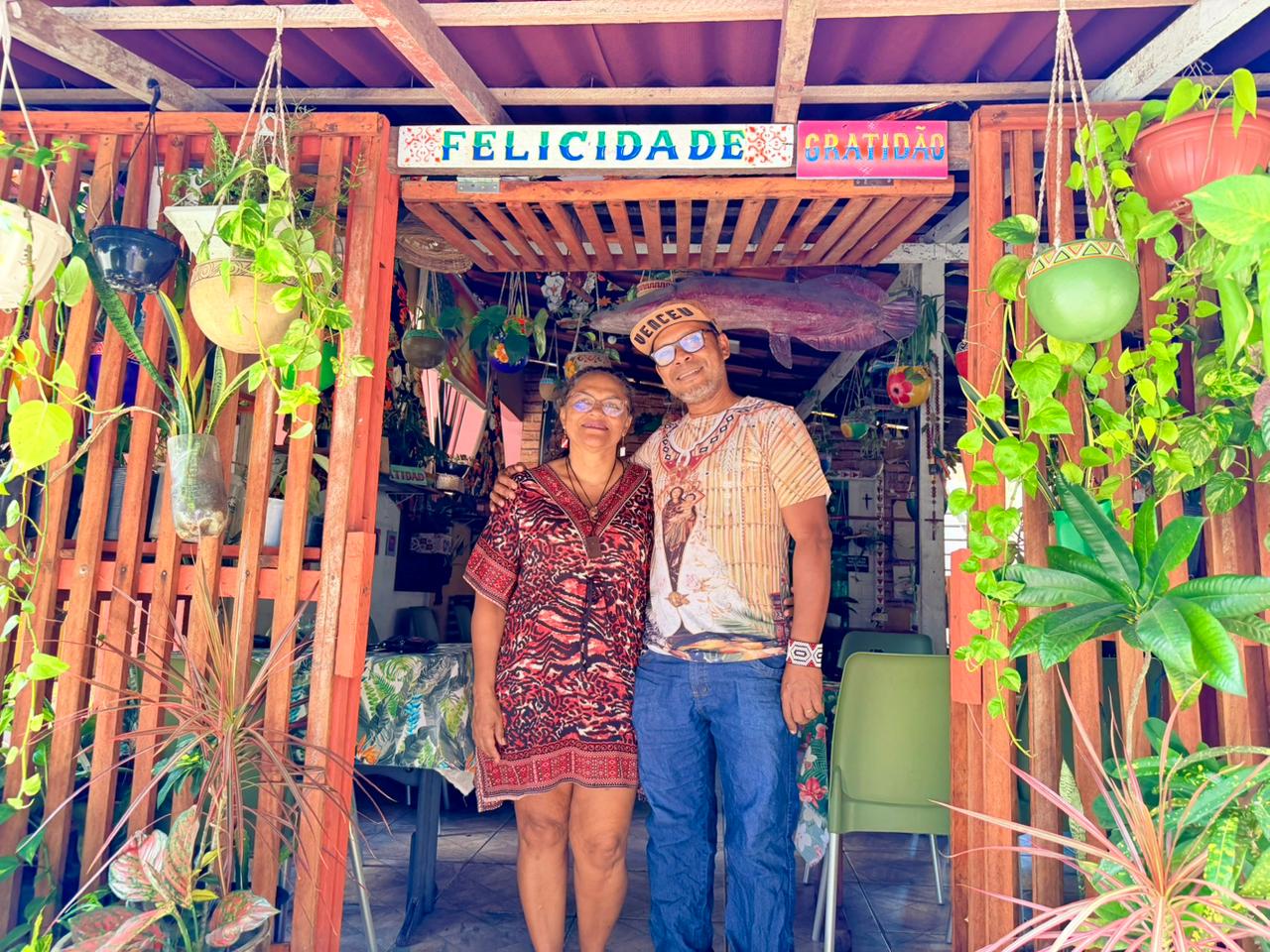
Diplomatic Amazon: from political isolation to global prominence
COP30 is a chance for the Legal Amazon to act as a subject in negotiations, not just as a backdrop in the global climate arena
by Gustavo Crubellati Nunes
COP30 must be seen as an opportunity for strengthening the international relations of the Amazon region. Its geopolitical positioning highlights, on a global scale, the region’s strategic importance, not only as a source of biodiversity, but also as a key player in global climate change. Scientific institutions from across the Amazon have delivered to the COP30 presidency a document containing contributions from more than 60 institutions, including universities and associations of traditional peoples, for inclusion in the official agenda. This reinforces regional protagonism. In other words, the Amazon is not merely an object but a subject in international negotiations.
The region’s economic relations with the world can evolve beyond its current role as an exporter of primary commodities, dominated by agribusiness and mineral extraction. This Wednesday (12) the Minister of Planning and Budget announced an agreement with the Inter-American Development Bank (IDB), for a direct investment of USD1 billion specifically for sustainable infrastructure in cities in the 9 states of the northern region.
These northern states could take on new commitments, expecting international financial flows of billions of dollars annually, not only for deforestation control but to become a hub for global partnerships in conservation, innovation, and green energy. This shift would transform the external logic of natural resource exportation into one of technological cooperation, forest governance, and ecological economics.
This is not a new ambition. At COP28 in Dubai, the Inter-American Development Bank (IDB) and Brazil’s BNDES launched the Green Coalition, a network of public development banks aiming to mobilize between US$10 and US$20 billion by 2030 for sustainable development in the Amazon. However, if these commitments fail to materialize, or come with unrealistic conditions that ignore local needs, frustration and diplomatic backlash may arise.
This could empower regional elites seeking to exploit natural resources under the banner of “development for the North,” as compensation for its economic isolation. There are estimates suggesting that the Amazon’s sedimentary basins may contain around 60 billion barrels of oil and gas. If exploited, these reserves could emit approximately 24 billion tons of CO₂, creating a major contradiction with energy transition goals and climate targets.
It is important to remember that Brazil’s Ministry of Foreign Affairs does not have a dedicated office or department specifically for Amazon-related affairs. The closest equivalent is the Interstate Consortium for the Sustainable Development of the Legal Amazon (CAL), which does include a division focused on cooperation agreements for the region. CAL’s Executive Secretary, Marcello Brito, launched a strategy for COP30 with the support of IPAM, connecting northern state governments, research institutions, and international actors to ensure the region’s voice is heard in climate negotiations.
As a result, international organizations, such as the United Nations and development banks, will engage more directly with subnational governments and local institutions during COP30, rather than exclusively through Brazil’s federal government. COP30 thus brings pressure for international mechanisms to recognize the Amazon as its own integrated geopolitical block. Yet, the effective articulation between local governments and global institutions requires strong local institutional capacity. Despite progress toward greater diplomatic autonomy, the North still faces structural gaps in infrastructure and governance, limiting its ability to meet international commitments and making local actors more vulnerable to external impositions that ignore the realities of the 18 million people living in the region.
Finally, while COP30 turns the Amazon into the stage of global diplomacy, it is essential to remember that this is a temporary spotlight. The North remains politically and financially isolated from Brazil’s centers of power. Its institutions and governance capacity are constrained by regional specificities. Therefore, the diplomatic visibility gained through COP30 must not fade once the event concludes. Local experts and leaders must continue to play a central role in international negotiations standing on equal footing with federal and foreign actors, so it can prevent external interests from imposing their own rules and priorities upon the region.




